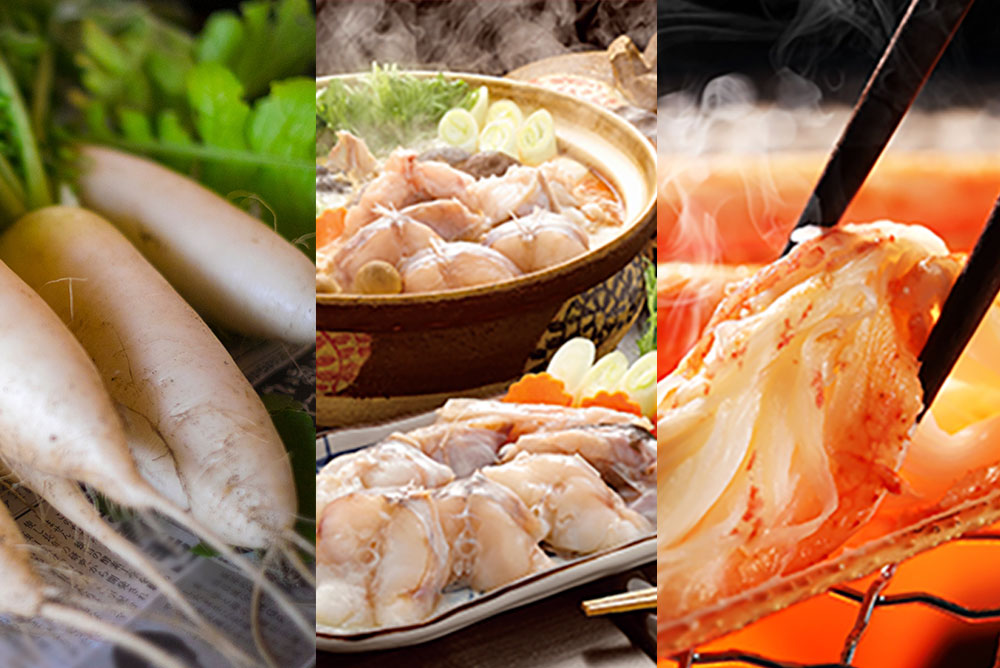
Now in its 17th installment, the Global Kitchen Series, a highly regarded feature in “delicious Japan”, welcomes a distinguished guest: H.E. Shorna-Kay M. Richards, Ambassador of Jamaica to Japan.
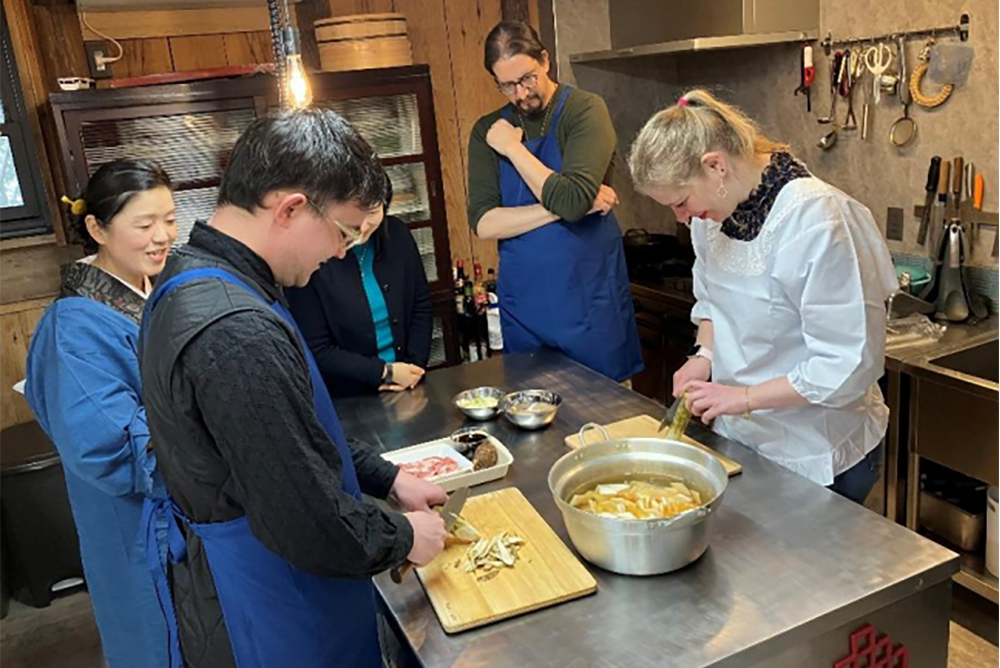
Japan’s rich culinary heritage, from the traditions of washoku to the creative regional dishes that reflect diverse local climates, has long fascinated travelers from around the world.
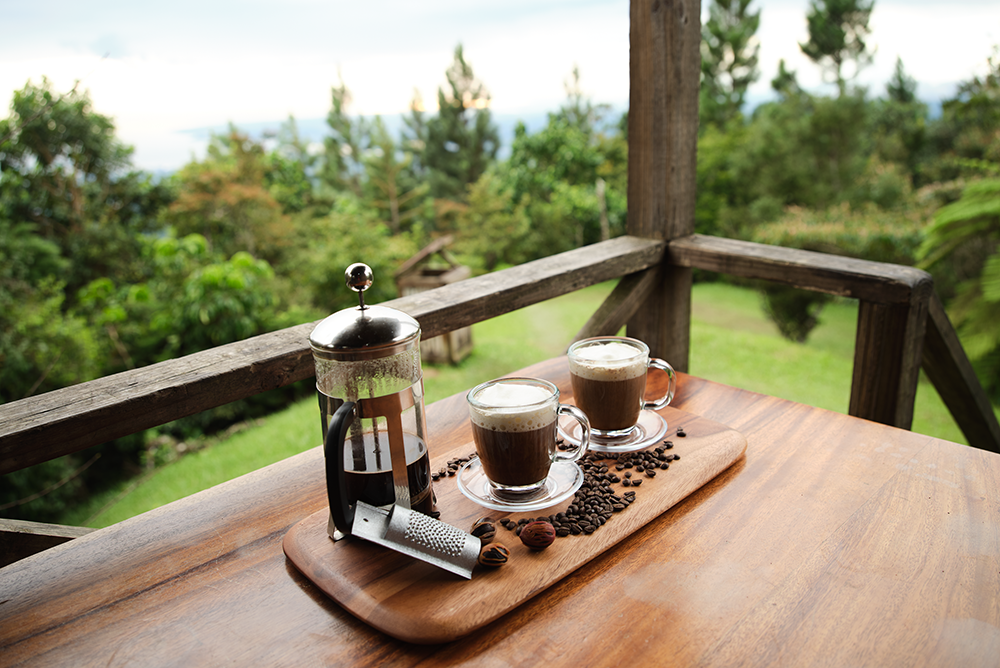
Five years in Japan have given Ambassador Shorna-Kay M. Richards not only diplomatic experience but also a deep appreciation for Japanese food culture.
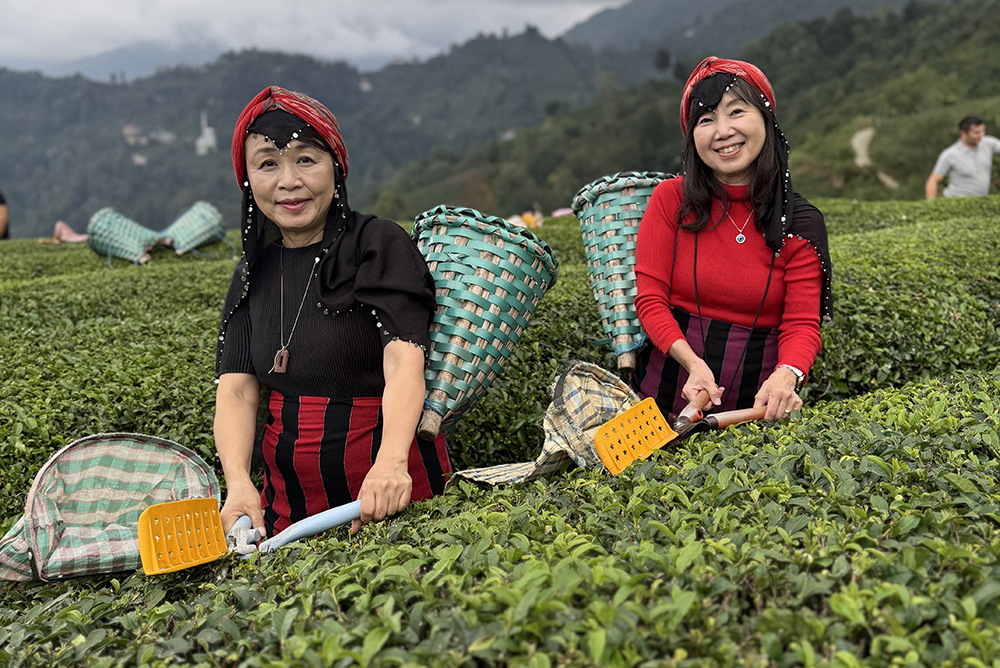
In Japan, the popularity of black tea has been quietly spreading in recent years. While convenient styles such as tea bags and bottled teas have become part of daily life, domestically produced “Japanese black tea” and premium teas known for their distinctive aroma and origin are also drawing growing attention.
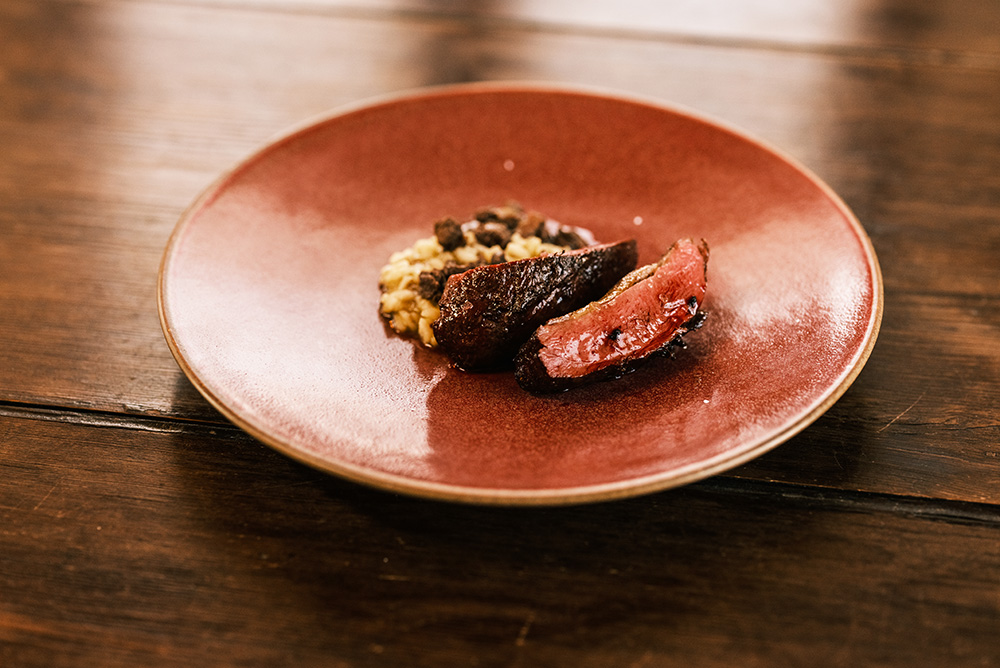
From Ibaraki, Okayama, Kumamoto, Tochigi, Nasushiobara, to Toyama, discover how local flavors across Japan inspire unforgettable journeys in delicious Japan November 2025.
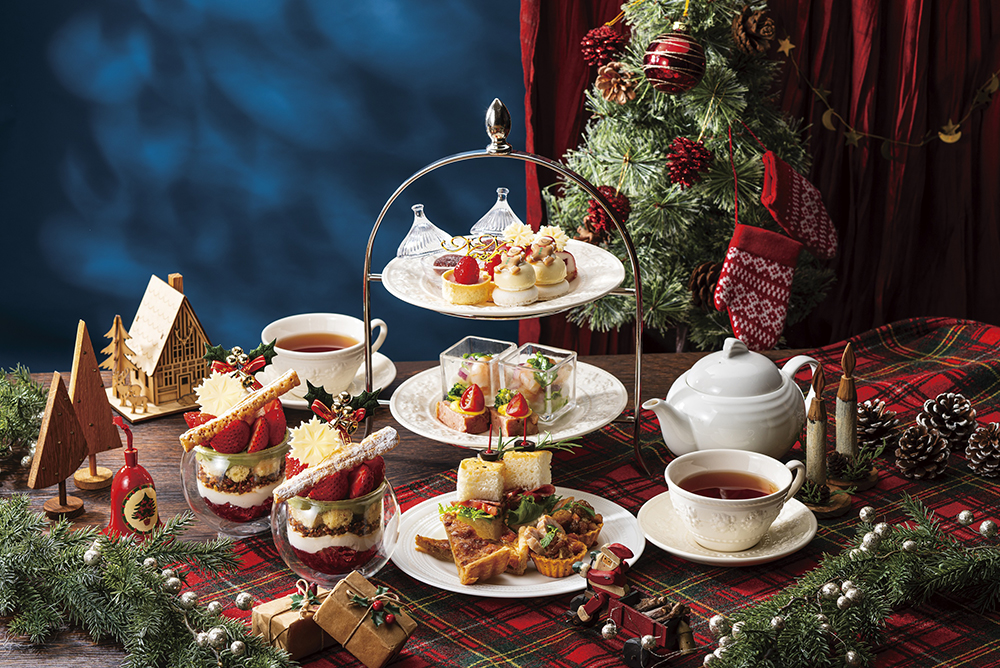
At The Royal Park Hotel Iconic Tokyo Shiodome, a limited-edition Christmas Afternoon Tea will be served until December 31 at the 24th-floor Bar Lounge “THE BAR” and the all-day dining restaurant “Harmony.”
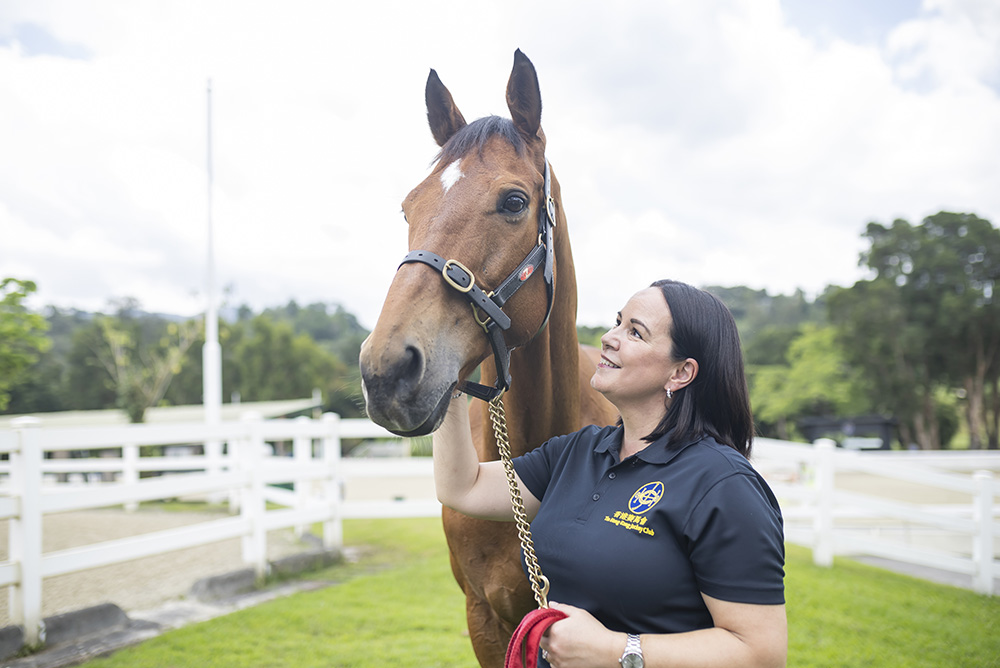
With an impressive career spanning education, international governance, and sport development, Amanda Bond has become one of the leading voices in global para-equestrian advancement.
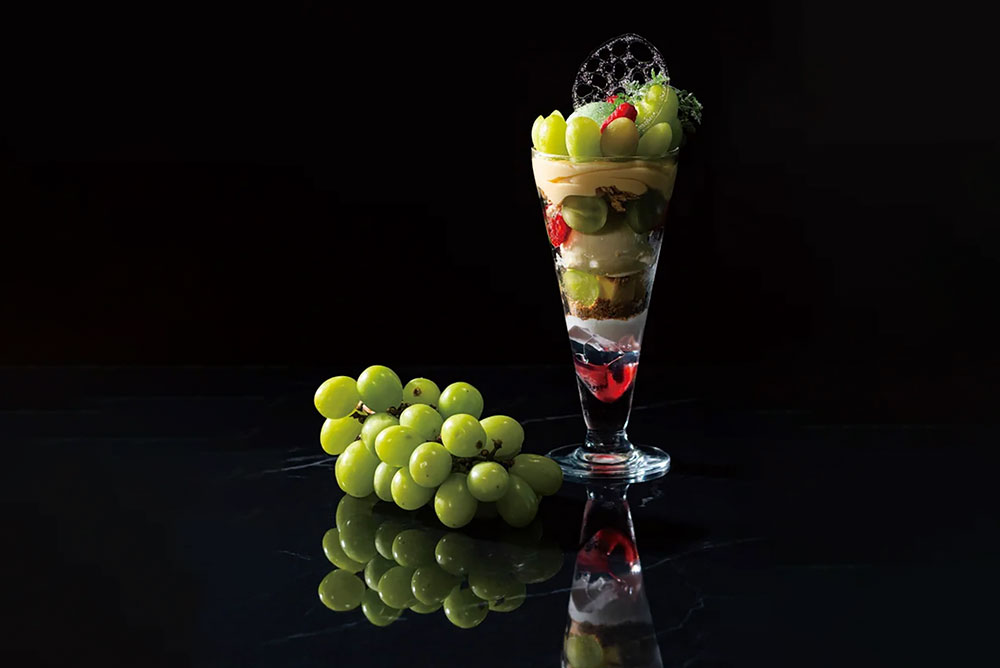
As a Patissier Chef at The Royal Park Hotel Iconic Tokyo Shiodome, Maya Kumegawa stands out for his unique creative flair. His life journey influences the desserts he creates.
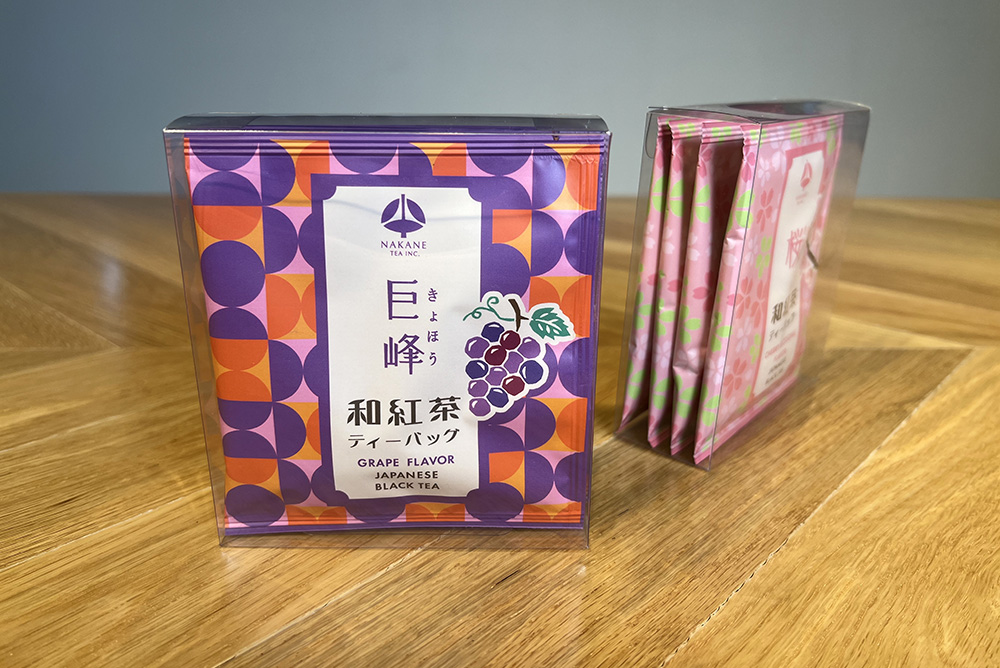
What makes Japanese black tea, or Wakōcha, different from the bold teas of Assam or Darjeeling? How is tradition being reimagined for global tastes? We sat down with Motoomi Nakane to uncover the story behind this quiet revolution in Shizuoka’s tea fields.
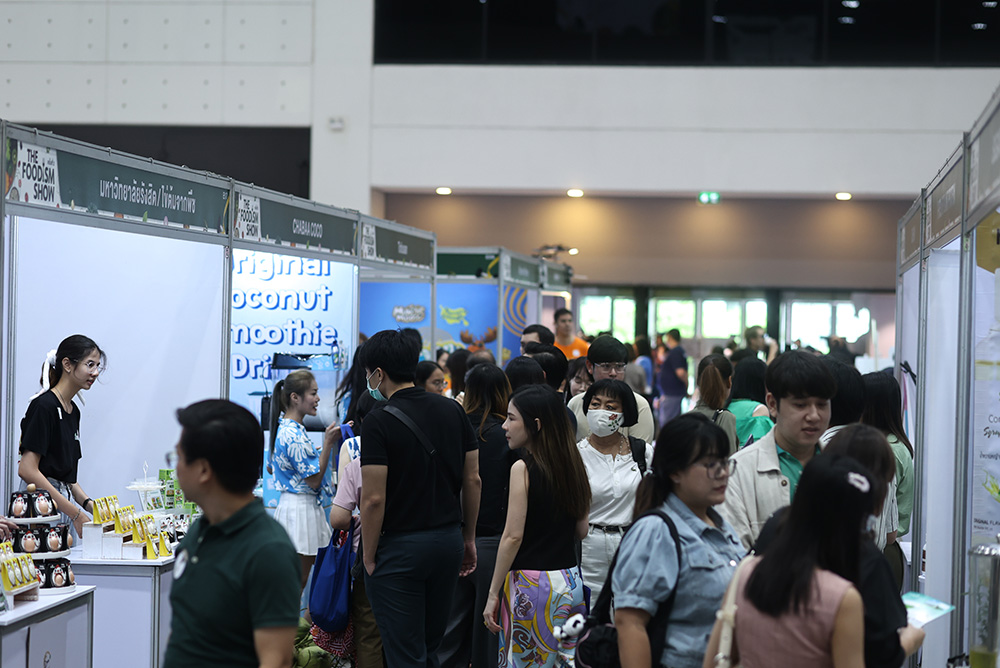
Bangkok, Thailand – 15 September 2025 – The Foodism Show, in collaboration with Thailand Health & Wellness Expo 2025, is set to host a spectacular event under the concept “One-Stop Exhibition for Health Enthusiasts.”
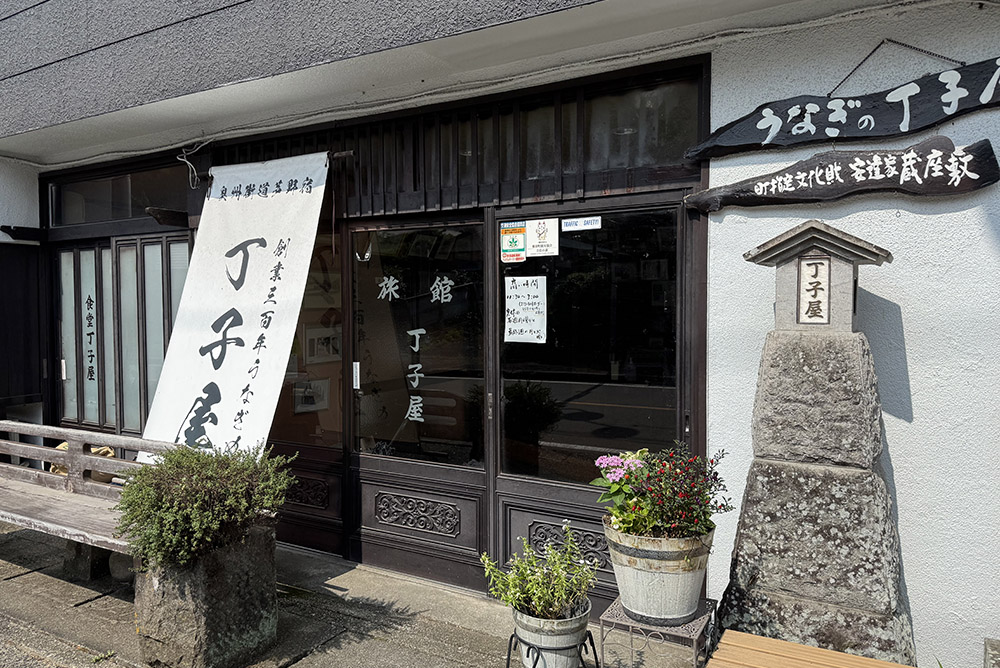
On the old Ōshū Kaido, where Tochigi meets Fukushima, stands Choujiya, a restaurant with roots stretching back to the late Edo period. For nearly three centuries, this venerable house has served eel prepared with a flavor unlike any other.
With sweeping city views as its backdrop, the table comes alive with the vibrant colors of autumn. The Autumn Iconic Lunch Buffet at The Royal Park Hotel Iconic Tokyo Shiodome offers a truly indulgent experience for the season of abundance.